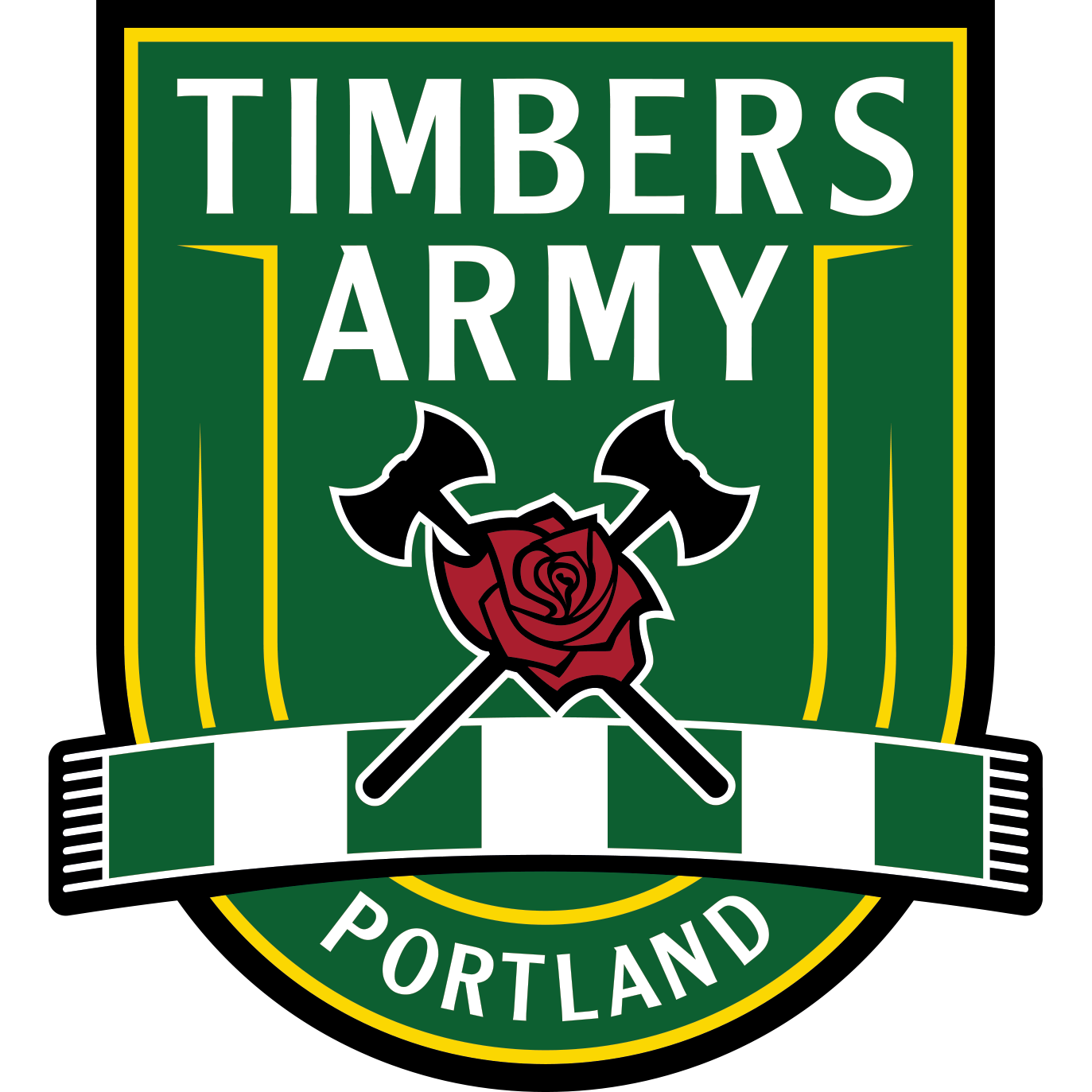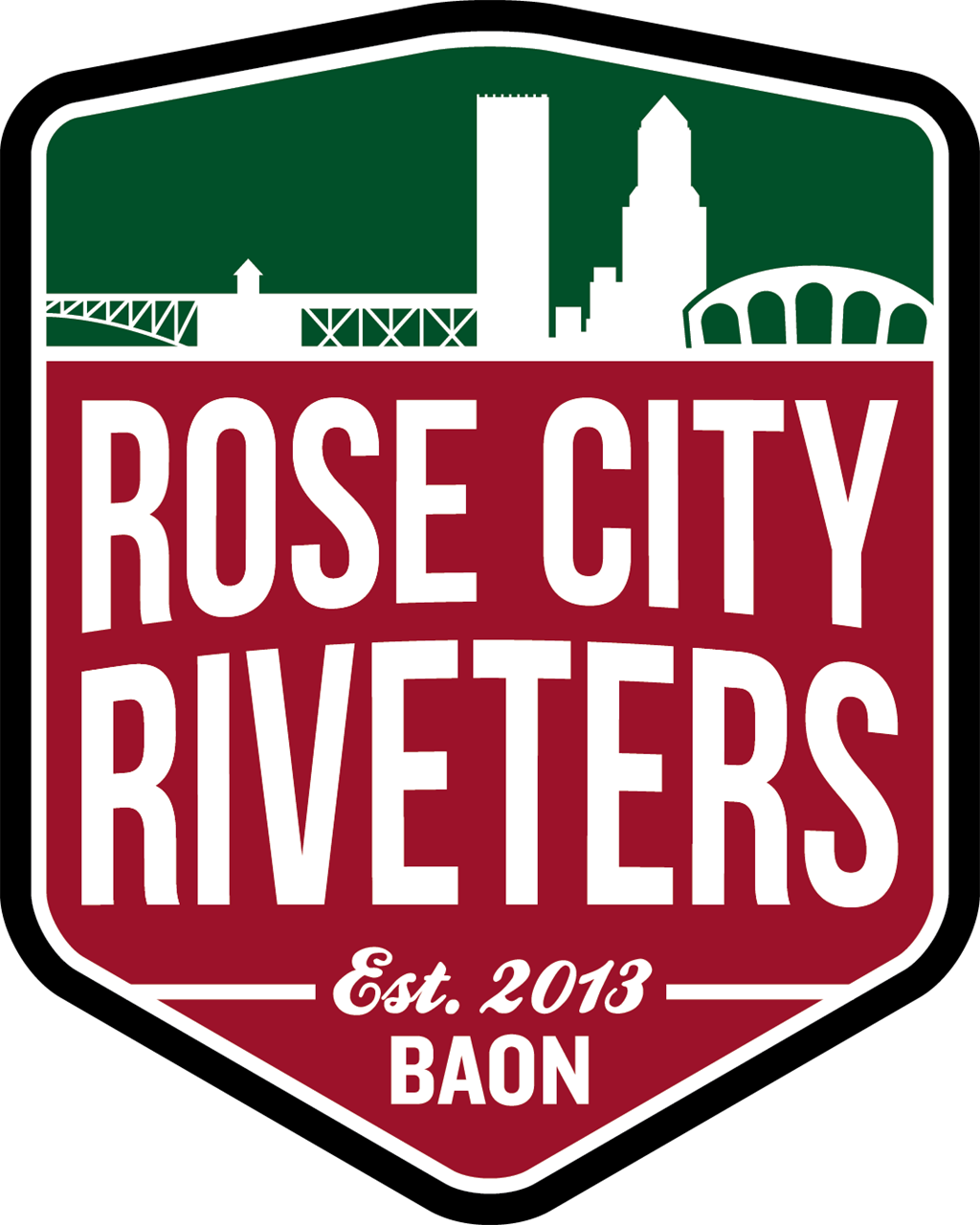This week, the 107IST Community Outreach Committee is highlighting Brown Hope as a recipient of the Fall round of micro-grants. While one of their programs, the Black Resilience Fund, was awarded funds during our Spring micro-grant distribution with funds meant to support organizations doing work with those effected by the pandemic, we’d like to celebrate/acknowledge their broader work. While this is one of the newer organizations in our community, it is worth noting that their staff are far from newcomers with many having moved over from other highly effective organizations to create an amazing capacity. We enjoy a stronger relationship with Brown Hope than some of the other recipients as we’ve spent time with their leadership in both formal and informal spaces and are knowledgeable about who we are and what we do.
Brown Hope is a culturally specific non-profit organization that develops Black, Brown, and Indigenous leaders to create powerful strategies that build community resilience and inspire transformational change. Guided by their 12 Principles of Hope, they organize four programs which help to advance our goals to transfer power and capital to Black, Brown, and Indigenous Oregonians: Blackstreet Bakery, Power Hour, Black Resilience Fund, and Equity & Beyond. As a nonprofit incubator, their programs evolve to meet critical needs in the community.
Oregon’s culture of racism began during statehood and fueled exclusionary policies, such as redlining, that forced Black Portlanders into neighborhoods that lacked basic services, including financial institutions and supermarkets. Despite these discriminatory practices, a self-supporting Black community eventually flourished; culturally specific schools, churches, small businesses, and community centers provided resources that Black Portlanders could not access elsewhere. The absence of City investment contributed to many challenges of poverty and crime, which persisted until the 1970’s, when decades of urban renewal and gentrification began. Tens of thousands of Black residents in North and Northeast Portland were forced to relocate away from the City core and into areas with fewer equitable opportunities, a lack of city investment, and no cohesive community as they had once developed and benefited from.
The consequences of systemic racism and displacement have resulted in devastating disparities within Portland’s Black communities. In Multnomah County, 35% of Black families live below the poverty line and the Black community experiences an unemployment rate more than twice that of their white neighbors. These staggering poverty levels have an undue impact on educational, health, and social outcomes.
Brown Hope’s mission is centered around trauma-informed activism for Black, Brown, and Indigenous Oregonians by building radically inclusive spaces for healing, community building, and leadership. Historical trauma is the cumulative emotional and psychological wounding of an individual or community, caused by a traumatic event and is passed on to the next generation. Black, Brown, and Indigenous communities have survived several psychological, sociological, and material shockwaves of historical trauma, which contribute to perpetuated systemic inequities. Sue Coyle’s essay in Social Work Today entitled, “Intergenerational Trauma-Legacies of Loss, describes how treatment for historical trauma is similar to that of any trauma-informed practice, including the need for clinical therapy, further education, and community empowerment.
At Brown Hope, they take this treatment one step further, by centering the power of peer-based healing and leadership activities to recognize, support, and uplift in a manner that is accessible to as many Black, Brown, and Indigenous people as possible. Brown Hope is committed to reversing, not just ending, systemic racism in order to achieve an empowering community-centered future where we all can thrive.
With the 107IST's support, Brown Hope is investing in the healing and resilience of 6,000 Portlanders who are surviving the ongoing shockwaves of racism and historical trauma. Their initiatives respond to urgent community needs, such as: Black Resilience Fund, which has provided immediate financial relief to 4,000 neighbors, Power Hour, which has alleviated isolation and socioeconomic disparities for 600 community members, and Blackstreet Bakery, which has sustained livable wages for 5 Black Portlanders. Brown Hope organizes for lasting impact by advocating for policies that promote community resilience and inspire transformative change.
Much of the work done by Brown Hope is thanks to their many volunteers who deliver food boxes and use their skills to help develop/implement strategies. They are also hiring into some key positions. If this is something you’d like to help with or would like to learn more about, check out their site at brownhope.org.


